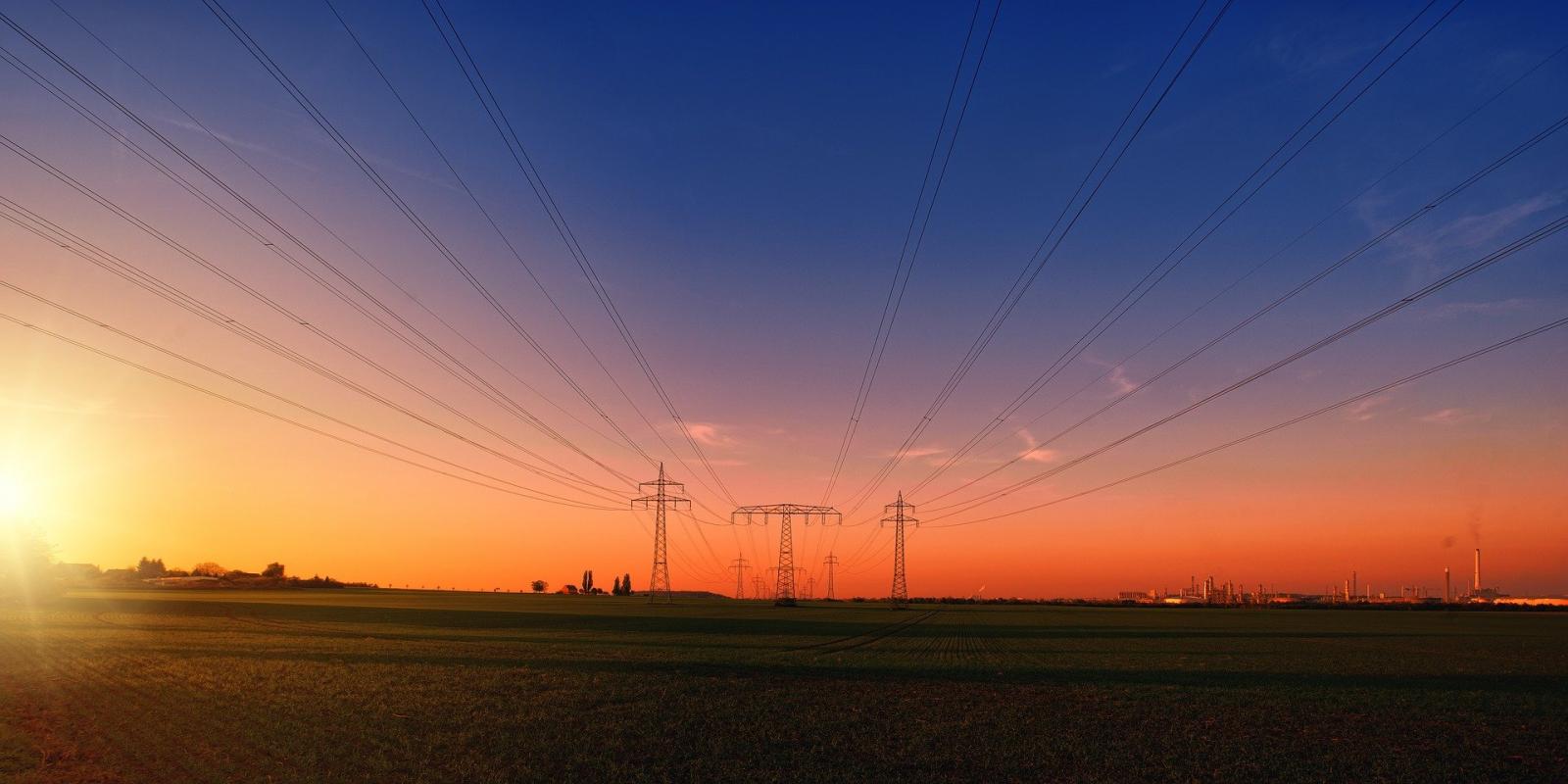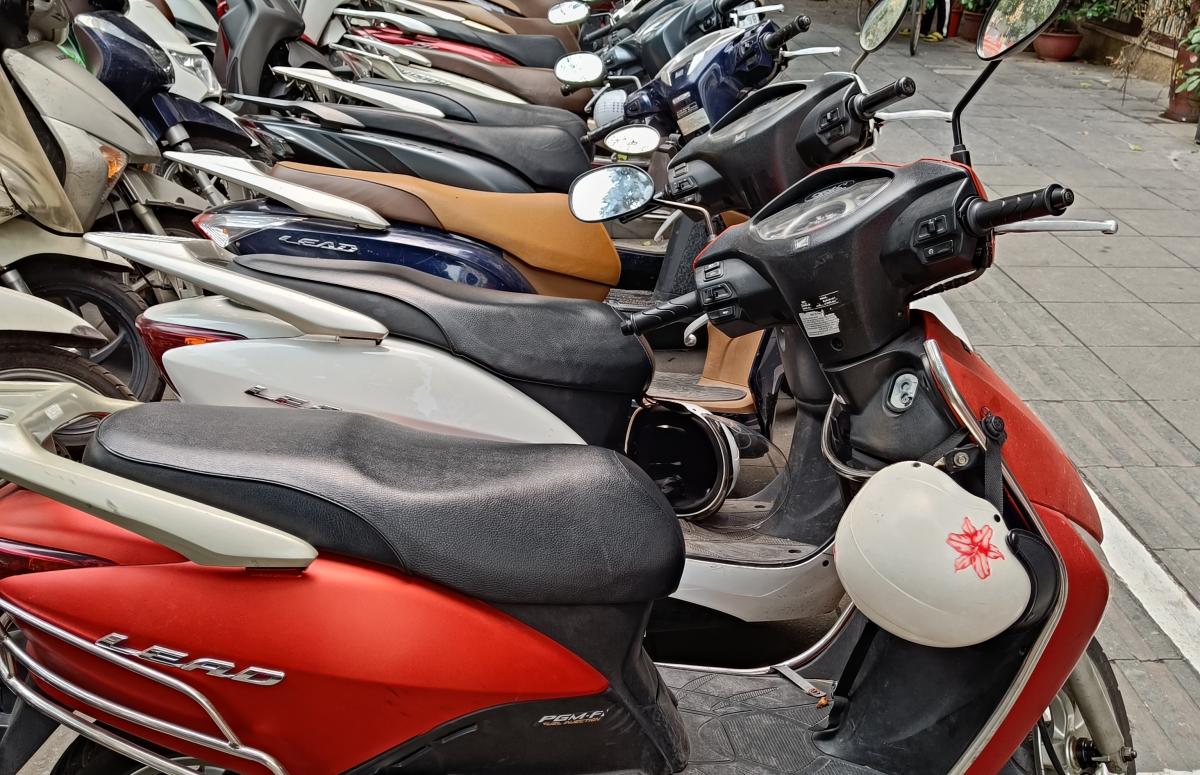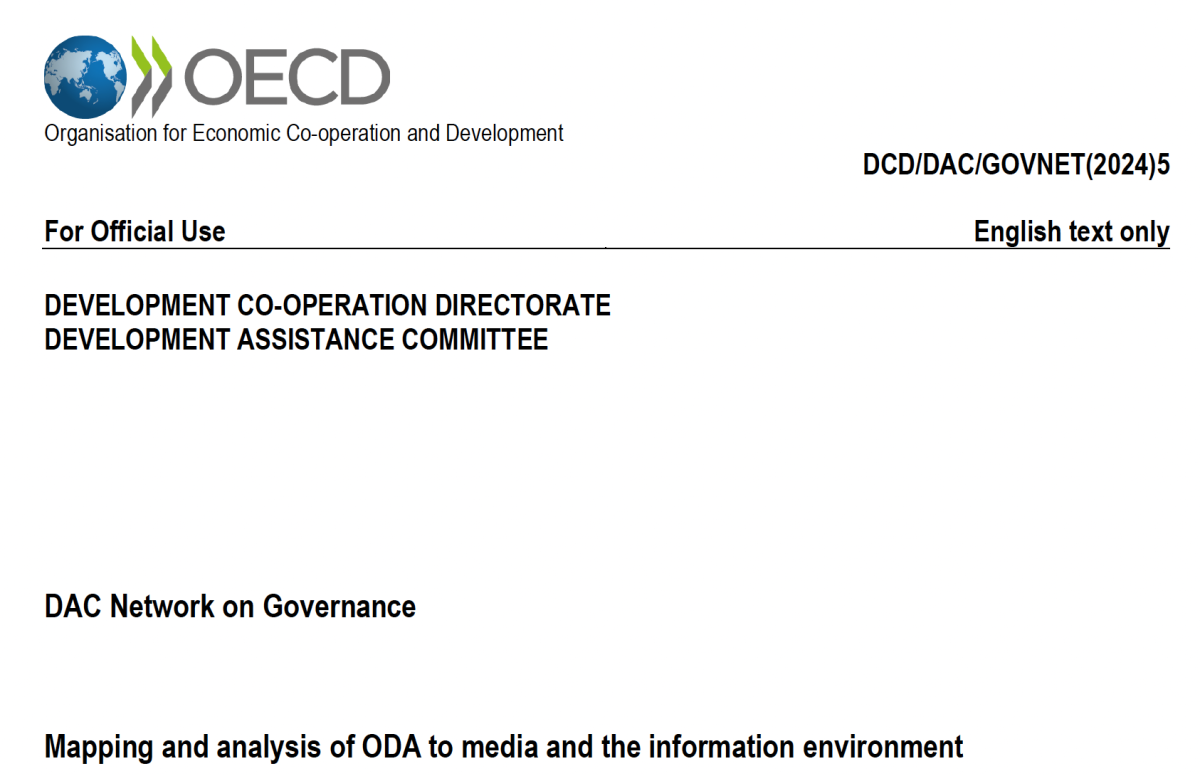
The World Bank discovers power in the power sector - Policy Brief 14
The World Bank’s 2019 report on Rethinking Power Sector Reform recognises that many of the key challenges in power sector reform result from the political economy of the sector.
Barnett and McCulloch state that the report is weak in four areas:
- On corruption – which it treats as a local problem rather than as a systemic issue linked to countries’ political settlement;
- On the political economy of donors – and how this can sometimes make reform more difficult;
- On the impact of new technology – and how disruptive technologies can change local political incentives;
- On how to Think and Work Politically in the power sector – the report gives little guidance on how to move beyond the focus on supply-side reforms.
This Policy Brief makes recommendation to the World Bank and other development partners on how these could be tackled.
Political economy analysis for climate action - new course launched starting October 2024
The Policy Practice is delighted to be re-running the popular online course on Political Economy Analysis for Climate Action. This course explains how political economy analysis can be used to understand the challenge of action on climate change and to design more effective interventions. The course will consist of eight, 2-hour online sessions from 4 October to 12 November 2024. For more information and to register please click below or see our flyer here.
The political economy of energy transitions in Ghana, Zambia and Vietnam - Policy Brief 17
Written by Sam Bickersteth with Neil McCulloch and Meron Tesfamichael, this policy brief draws out some of the common constraints hindering the energy transition in Ghana, Zambia, and Vietnam and many other countries in the Global South. It also shows how political economy analysis can help to identify politically feasible pathways of change in each country demonstrating the importance of such analysis as an essential tool to understand energy transition.
Media support: aid funding does not match donor rhetoric
Laure-Hélène Piron (TPP Director) presented her analysis of official development assistance to media and the information environment to the Governance Network of the OECD Development Assistance Committee on 6 March 2024.
The draft report shows that the rhetoric of governments which support freedom of expression and condemn disinformation is not matched by sufficient funding. And too little directly goes to local media organisations.



